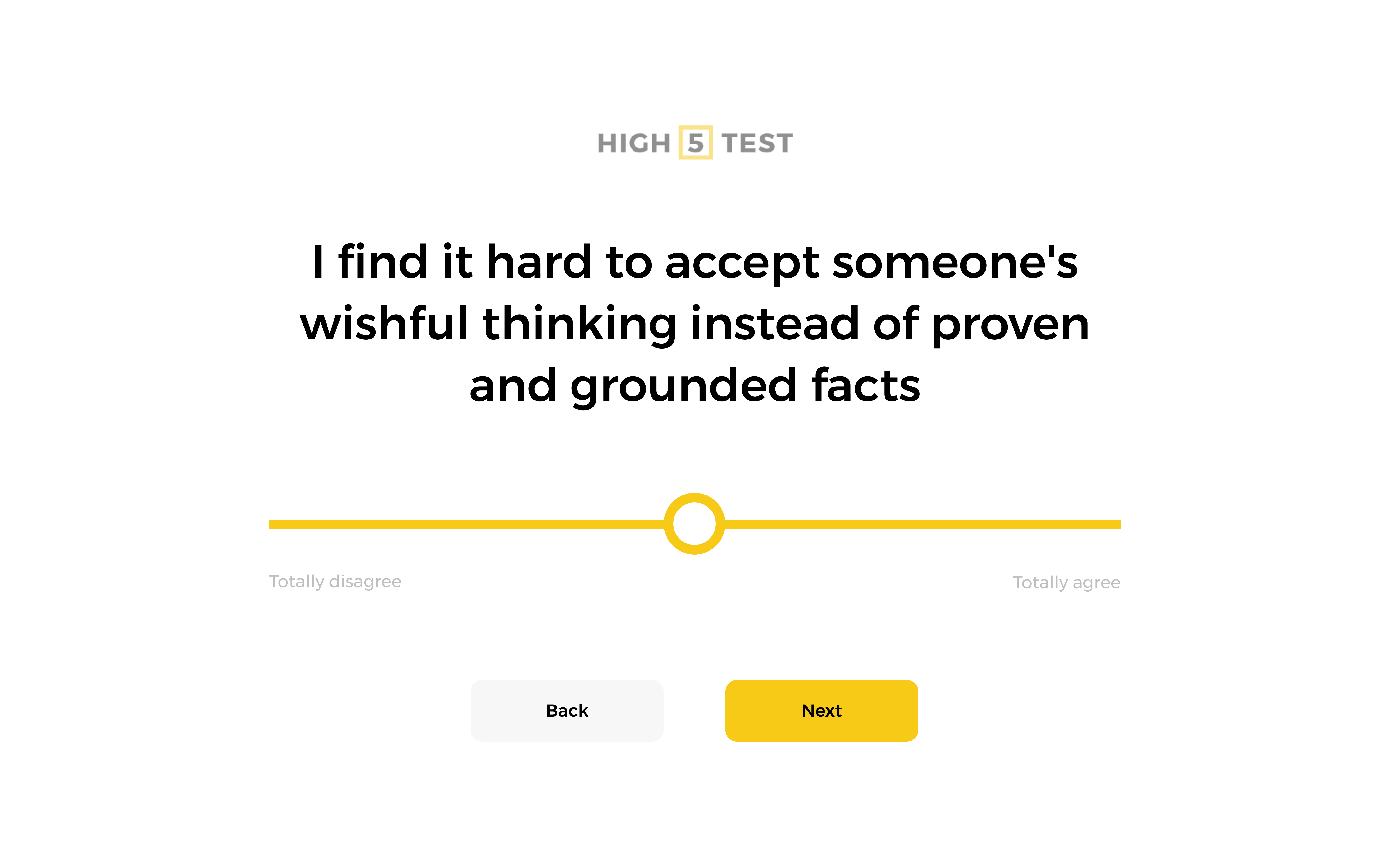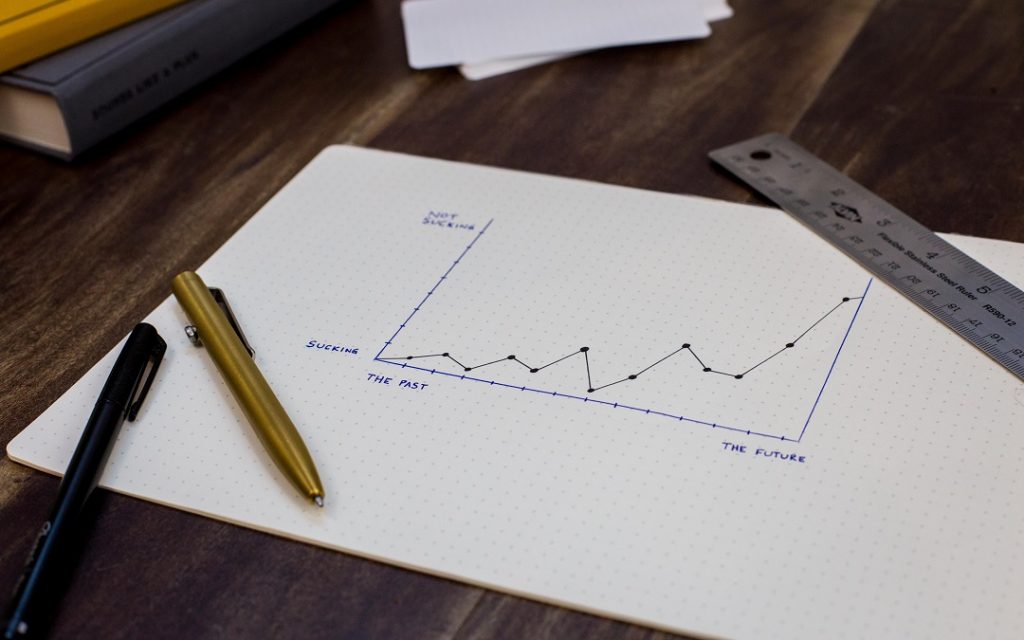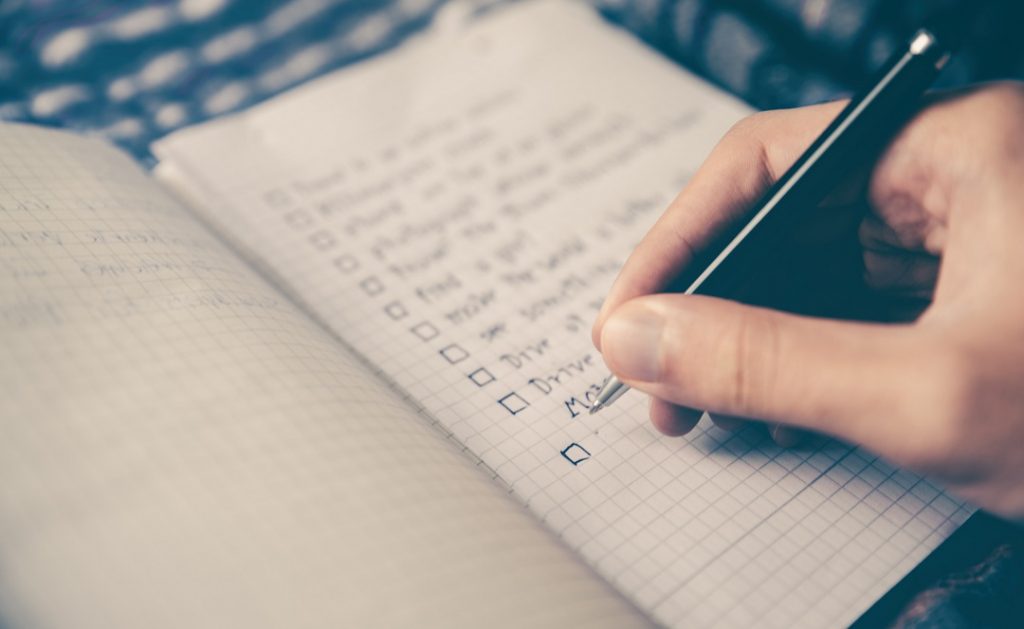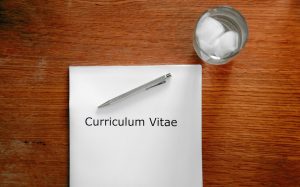Receptionist jobs can be quite competitive. To stand out from the crowd, you need to come prepared. Knowing which receptionist interview questions employers ask is vital if you want to stand out as a potential candidate. In this article, we’ll review the skills receptionists need, some of the top interview questions employers use to evaluate receptionists and top interview techniques, helping you ensure you’re fully prepared for your upcoming interview.

Which skills are important for a receptionist role?
Knowing the skills employers are looking for in a receptionist is vital when preparing for an interview [1]. Here are some skills employers may be looking for.
Communication skills
Clear, concise, and professional communication is essential for managing client interactions and conveying information effectively.
Customer service
Receptionists must provide friendly and efficient customer service to create a positive experience for all visitors and callers.
Problem-solving
The ability to think quickly and find solutions to issues as they arise ensures smooth operations in a busy office environment.
Interpersonal communication
Strong interpersonal skills are vital for building rapport with clients, colleagues, and other stakeholders.
Multitasking
Receptionists often need to juggle several tasks at once, such as answering phones, scheduling appointments, and greeting visitors.
Computer literacy
Proficiency in basic office software and systems like Microsoft Office or CRM tools is essential for managing administrative tasks efficiently.
Organizational skills
Keeping the office environment orderly and managing documents, schedules, and supplies ensures smooth day-to-day operations.
Time management
Managing time effectively allows receptionists to prioritize tasks and handle responsibilities efficiently within tight deadlines.
Data entry
Accuracy in inputting and updating information is critical for maintaining organized records and databases.
Attention to detail
Focusing on details ensures that tasks are completed correctly, from scheduling appointments to managing client inquiries.
Active listening
Receptionists must listen carefully to understand client needs, ensuring effective communication and problem resolution.
Confidentiality
Receptionists are privy to confidential information. As a receptionist, you must follow company protocol and maintain privacy with client files.
Related: 10 Receptionist Skills That Every Great Receptionist Must Have
23 receptionist job interview questions and answers
Let’s now explore the various questions employers may ask during a receptionist interview. For each question, we’ll explain why the question is essential, along with a model answer you can follow when responding.
1. What are your strengths and weaknesses?
Why this is important: Hiring managers want to know you better and how they may best work with you. While talking about your weaknesses may be scary, be honest and share a weakness that you are actively working on. Hiring teams will appreciate your transparency and see that you are open to learning and growing.
Model Answer:
As a receptionist, my greatest strength is my ability to communicate effectively and manage multiple tasks efficiently, thanks to my top HIGH5 strengths, including being people-oriented and organized. I thrive on interacting with clients and ensuring a smooth operational flow.
However, my eagerness to assist sometimes leads me to take on too many tasks simultaneously, which can be overwhelming. I’m actively working on delegating and prioritizing tasks more effectively by stopping myself when I feel overwhelmed, prioritizing what needs to be done, and asking my colleagues for help on some of the tasks.
Pro Tip From HIGH5
Understanding your strengths allows you to present real-life examples of how you’ve used them to achieve success in previous roles. This self-awareness and ability to relate your natural talents to job requirements can significantly impress interviewers, setting you apart as a candidate who knows their value and how to apply it.
That’s where the HIGH5 free strengths test can revolutionize how you see yourself and your capabilities. Pinpointing your top five strengths empowers you to leverage what you naturally excel at in both personal and professional settings.
That’s why incorporating your HIGH5 strengths into your resume or CV makes you stand out to potential employers and gives you the language to confidently articulate your value in interviews. It’s about showcasing what you can do and how you can excel in a role by being yourself.
2. What draws you to this role and makes it an exciting opportunity for you?
Why this is important: Employers want to know that you care and that you are invested in their role, organization, and customers. They want to build a team of people who are invested. This is your opportunity to show the hiring manager how this role fits with your career growth and personal values.
Model Answer:
I am excited about being a receptionist because I enjoy interacting with people and engaging in customer service. In addition, the chance to be part of a team that strives for excellence is very appealing to me. This role would allow me to showcase my organizational skills and use my communication skills daily.
3. What traits and skills are required to make an exceptional receptionist?
Why this is important: The employer wants to gauge your understanding of what it takes to excel in this role.
Model Answer:
An excellent receptionist should possess strong communication and interpersonal skills to interact effectively with customers. Additionally, they should have exceptional organizational skills, handle stressful situations calmly and professionally, work well with a team, and demonstrate patience when dealing with clients.
4. What draws you to clerical work?
Why this is important: Understand how invested you are in this line of work and what skills you look forward to using. With your answer, a hiring manager should be able to picture themselves working with you and understand what lights you up.
Model Answer:
I am drawn to clerical work because it allows me to use my organizational and communication skills. As a receptionist, I will have the chance to help people, which I am passionate about. Additionally, this role allows me to use my problem-solving skills and manage various tasks simultaneously.
5. What skills do you possess that make you an ideal candidate for this role?
Why this is important: This question allows the employer to assess your qualifications and determine if you can do the job or how long they would need to train you.
Model Answer:
My communication and interpersonal skills make me an ideal candidate for office work. I am reliable, organized, and pay close attention to detail.
Additionally, I’m comfortable working in fast-paced environments and on my own initiative when needed. Furthermore, I remain calm under pressure and strive for excellence in all tasks I am given.
6. Regarding office work, what would you say are your most prominent areas of development?
Why this is important: The employer wants to assess your self-awareness and gain insight into areas where you may need additional training. You want to be honest, but similar to the weaknesses question, explain how you are currently working on that skillset.
Model Answer:
Sometimes when I take on too many tasks, I can feel overwhelmed. So, to work on this I’ve been practicing more delegating skills. I recognize that I can not do everything on my own, so when I am overwhelmed, I ask my teammates for help. I am constantly seeking feedback and insights on ways to improve my delegation skills from my supervisors and colleagues.
7. What is your understanding of the work that we do?
Why this is important: The employer wants to ensure that you clearly understand the company’s mission and objectives, that you have done your research, and that you are genuinely excited about working with them..
Model Answer:
From my research, I understand that your company provides various business services, such as accounting and financial planning for small businesses. You also offer consulting services to help clients develop long-term strategies for success.
Additionally, you strive to provide excellent customer service and create meaningful partnerships with your clients.
8. What strategies do you use to stay up-to-date on the latest developments in this field?
Why this is important: The employer wants to know that you are committed to staying current with industry trends, regulations, and advancements. They want to know that you can maintain relevant knowledge to help their customers and other employees.
Model Answer:
To stay up-to-date on the latest developments in office work, I regularly attend industry conferences and seminars, read relevant publications and blogs, follow news outlets related to the field, and network with other professionals.
Additionally, I use networks such as LinkedIn for professional development opportunities by connecting with others in my area. This allows me to remain informed about changes in technology and regulations that may affect the workplace.
Finally, I develop relationships with mentors who can provide guidance or advice when needed. These strategies help me stay abreast of advances in office work so that I am always prepared for new challenges.
9. Can you tell me about a time you had to collaborate with clients?
Why this is important: The employer wants to know if you are motivated and eager to work with customers and how you can pitch in when they need help.
Model Answer:
Yes, at my last employer, I worked closely with customers regularly. When my office colleagues were overwhelmed with work, I would support them by scheduling follow-up calls, sending emails on their behalf, or supporting intake sessions with new clients. Working closely with clients allows me to understand their needs better and provide solutions that meet their goals. Effective customer service involves giving knowledgeable answers and developing relationships through clear communication and mutual respect. My enthusiasm for customer relations has enabled me to build positive working relationships quickly and efficiently, which has been beneficial in my past experiences.
10. Which programs and software do you have the most proficiency in?
Why this is important: The employer wants to assess your technical skills and ability to use the necessary programs. They want to know, if you were hired, what software and computer training would need to be involved, if any.
Model Answer:
I am proficient in Microsoft Office Suite, Adobe Creative Suite, Google Apps, Asana, and Trello. Additionally, I have experience with customer relationship management (CRM) systems such as Salesforce, Constant Contact, and Zoho CRM. Finally, I have a basic understanding of HTML/CSS for website development and design. My knowledge base continues to grow with each new task that I undertake. With each program or software I use, I aim to become an expert user to provide efficient results when needed.
11. How do you keep yourself organized?
Why this is important: The employer wants to know if you possess the organizational skills necessary to handle a busy receptionist position.
Model Answer:
I take a strategic approach to staying organized, utilizing tools such as task management software and calendar applications. I also develop efficient filing systems that are easy to access and update when needed.
Additionally, I prioritize my tasks daily to manage my workload effectively. I create lists with detailed timelines to keep track of long-term projects or goals to ensure everything is completed effectively. Furthermore, I strive for accuracy and attention to detail with each task to avoid unnecessary mistakes or delays.
12. What qualifications make you the best candidate for this receptionist position?
Why this is important: The employer wants help to understand what your greatest strengths are and how that sets you apart from the competition.
Model Answer:
I believe my qualifications, experience, and expertise make me the best candidate for this receptionist position. I bring three years of work experience in a busy office environment and excellent customer service and communication skills, which are essential for any successful receptionist role. Furthermore, I’m highly organized and adept at juggling multiple tasks simultaneously because of my strong multitasking abilities. All these unique qualities make me an ideal fit for this position. In addition, I’m passionate about customer service and committed to providing the best experience possible for all clients.
13. Could you kindly tell me more about the products and services your former employer provided?
Why this is important: The employer wants to know more about your work experience regarding the products or services offered to see how similar the products and services are. If the products and services are similar, this may mean the employer can spend less time training you if you were hired.
Model Answer:
My previous employer was a financial planning company that provided advice and guidance on retirement planning, investments, estate planning, and other financial strategies. We also had various products, such as mutual funds, stocks, bonds, and annuities, that we could offer our clients. Additionally, we provided tax preparation services so that clients could adequately plan their finances regarding income taxes. In my role, I was also responsible for researching and gathering information on the latest investments and tax laws to ensure that our clients were up-to-date on their finances.
14. Are you comfortable working in a high-energy atmosphere?
Why this is important: The employer wants to know if you can handle the chaotic nature of a receptionist position with ease and comfort.
Model Answer:
Yes, I’m comfortable working in a high-energy atmosphere. In my previous positions, I excelled in dealing with stressful situations while keeping a positive attitude. Moreover, I am certain that my adept communication abilities position me favorably to engage effectively with colleagues and customers, a prerequisite for excelling in any job requisition for a receptionist role. Additionally, I understand the importance of being highly organized and efficient when managing a busy front desk, so I take pride in staying on top of my duties regardless of the chaos around me. All these qualities make me well-suited for this role.
15. How have you leveraged technology to make administrative tasks more efficient?
Why this is important: The employer wants to know if you have the technical skills necessary for this position and how you can use technology to make your work more efficient.
Model Answer:
I have utilized various technologies in my previous roles to make administrative tasks more efficient, such as using online databases for data entry or spreadsheet software like Microsoft Excel for tracking data. I have also used an employer-approved generative AI tool to help me create news letters quickly and efficiently to send to our clients. Additionally, I’m very comfortable using customer relationship management (CRM) software which helps streamline customer interactions. Furthermore, I’m proficient in troubleshooting fundamental technical issues and learning new software programs quickly. All these skills would be transferable to making administrative tasks more efficient in a receptionist role.
16. What tactics do you utilize to address and correct your errors?
Why this is important: The employer wants to know if you can recognize and learn from your mistakes.
Model Answer:
Whenever I make a mistake, I prioritize taking responsibility for it and identifying the cause so the same mistake won’t be repeated. After doing so, I usually consult with colleagues or supervisors to get more insight into how to best approach correcting the error. Additionally, I’m open to feedback as it helps me improve and grow professionally to prevent further mishaps.
17. Are you competent in navigating spreadsheets to access data?
Why this is important: The employer wants to know if you have experience working with spreadsheets, as this is a vital skill for the position.
Model Answer:
Yes, I’m very competent in navigating spreadsheets to access data. In my previous roles, I have had experience working with Microsoft Excel, Google Sheets, and Smartsheet to track customer information and other vital data. Additionally, I’m familiar with an array of formulas that can be used to analyze large amounts of data quickly and accurately. All these skills make me well-suited for this receptionist role.
18. What effective methods do you use to organize your responsibilities in order of importance?
Why this is important: The employer wants to know if you can prioritize your tasks and manage your time efficiently.
Model Answer:
To organize my responsibilities in order of importance, I usually start by creating a detailed timeline of when specific tasks need to be completed. Once the timeline is set up, I prioritize urgent assignments to address them promptly. Additionally, I break down long-term projects into smaller steps, making it easier to track progress and deadlines. Finally, I utilize various tools such as task lists or project management software to stay organized and on top of all my duties.
19. How would you create a positive and lasting first impression for your clients?
Why this is important: The employer wants to know if you have the necessary interpersonal skills to interact with customers in a professional and friendly manner.
Model Answer:
Creating a positive and lasting first impression for clients is paramount for any receptionist role. To do this, I would focus on being welcoming and personable by taking time to get to know each client individually. Furthermore, I would ensure that all interactions are conducted professionally while also displaying enthusiasm and an eagerness to help. Finally, I would strive to maintain eye contact throughout the conversation as it helps build trust and demonstrates respect in any business setting.
20. What strategies would you employ to appease a demanding visitor?
Why this is important: The employer wants to ensure that you know how to handle demanding customers professionally and respectfully professionally and respectfully.
Model Answer:
I would remain calm and collected while using active listening skills when dealing with a problematic visitor. This means I focus on understanding their perspective and actively responding to their concerns by repeating them to validate the discussion. Additionally, I would apologize for any inconvenience caused and strive to provide a solution that meets the customer’s needs. If all else fails, I may need to involve senior staff or management to resolve the issue.
21. How would you plan a business trip to ensure it goes well?
Why this is important: The employer wants to ensure you can plan and organize travel arrangements efficiently.
Model Answer:
When planning a business trip, I would first set up an itinerary that includes all the required meetings and activities. I would then go through the entire plan to ensure that it is doable and that all necessary steps have been taken for the successful trip. This includes making hotel reservations, booking flights, arranging ground transportation, preparing documents for meetings or presentations, etc. I would also account for unexpected events, such as flight delays or cancellations, by having alternative plans.
22. If a client came in when the phone rang, how would you handle it?
Why this is important: The employer wants to know if you can multitask effectively and prioritize customer service while being courteous and professional.
Model Answer:
If a client came in when the phone rang, I would first greet them with a friendly smile and ask if they needed assistance. If they did not, I would politely excuse myself to answer the phone and provide whatever help was needed. After addressing the customer’s needs over the phone, I would apologize for any inconvenience caused by answering the call and checking back in with the client to see if they still needed assistance. This ensures that all customers are attended to promptly while providing superior customer service.
23. How would you react if a customer arrived at their appointment 30 minutes behind schedule?
Why this is important: The employer wants to ensure that you can remain courteous and professional when dealing with customers who arrive late for their appointments.
Model Answer:
If a customer arrived 30 minutes behind schedule, I would remain polite and professional. Additionally, I would strive to make the best use of the remaining time to meet the customers’ needs and provide them with a positive overall experience.
24. Can you tell me about a time you handled confidential information? How did you ensure it remained secure and private?
Why this is important: Working as a receptionist, you may be privy to confidential information from clients or about other colleagues in the office. The interviewer is looking to see what skills you have used that help you prioritize confidentiality.
Model Answer:
In my previous role, I had to prepare documents for a meeting that included confidential information. To ensure the materials stayed private, I followed all company policies by keeping the material locked away in a labeled, confidential folder and maintained constant eye contact on the material when it was out of the safe, to ensure the material was out of the public eye. I also avoided discussing private information in open areas where others may overhear. Lastly, if information needed to be shared, I always double-checked with the person to confirm what material was to be shared, what material should be redacted, and what material should remain confidential.
Questions for you to ask in a receptionist job interview
It’s not enough to prepare your answers for an interview. You also need to know what questions to ask in an interview. At the end of many interviews, the hiring team will give you the chance to ask your own questions. This is your opportunity to figure out if this job is the right job for you. Remember, they are trying to determine if you’re a good fit for them just as much as you are trying to determine if they’re a good fit for you.
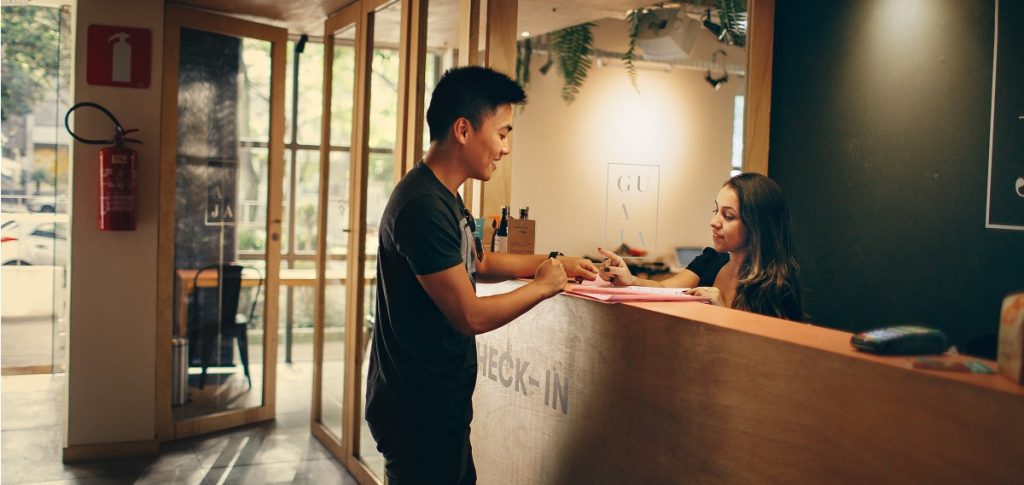
Asking the right questions can help demonstrate your knowledge of the role and show that you have researched the company and position. A few potential questions for a receptionist job interview could include the following.
What is your timeline for hiring a new employee?
This question shows that you are eager to start the job and want to know when to expect feedback.
To whom will I be accountable?
By asking this question, you show that you understand the importance of clear communication lines and reporting structures within an organization.
Could you explain the training process for new employees?
This shows that you recognize that any job requires a period of learning and development before one can become proficient in their role.
How often do you evaluate employee performance?
Asking this question demonstrates your commitment to continual improvement to meet company standards.
What type of leadership is exhibited by the team members?
This indicates that you are interested in understanding the organization’s team dynamics and working style.
Can you describe the person that’s a perfect fit for this role?
This demonstrates that you want to ensure that you are the ideal candidate for the job.
How do you prepare for a receptionist job interview?
Preparing for a receptionist job interview is essential to demonstrate your knowledge and skills and make a strong impression on the hiring manager. Receptionist roles can be very competitive, so preparation is key. These simple steps can help ensure that you are fully prepared and ready to show why you are the best candidate for the role.
Research the company
The first step in preparing for a receptionist job interview is researching the company, position, and industry. Look up information about the company’s history, culture, values, products or services, customer base, etc. The interviewer may ask you what you know about the company in your interview.
Research job duties and expectations
Also, take time to look into the role of a receptionist more deeply by reading the job description, researching duties and expectations, and familiarizing yourself with common interviewing questions. This will help you prepare thoughtful answers ahead of time.
Practice potential questions
Next, practice answering common questions for a receptionist job interview out loud. It may feel strange at first, but it can be beneficial in calming nerves during an actual interview. You can even ask a friend, family member, or colleague to help you practice your interview questions.
When you are practicing interviews, it’s important to focus on how you answer behavioral questions, since they are the most common type of interview question. Interviewers will use behavioral questions to understand what you would do in this job. A question may look like, “Tell me about a time when…” or “In this role, you will have to… how would you handle this?” When answering behavioral questions, use the STAR technique to structure your answers [2]. STAR stands for:
- Situation: What was the situation? Describe the context of an experience that relates to the question being asked – this could involve providing background information or explaining any relevant dynamics involved in the situation.
- Task: What was the task at hand? Describe what task or responsibility was given or addressed during this particular experience.
- Action: What action did you take? This part should include more detailed information, such as strategies and decisions while addressing the task.
- Result: What was the result of your action? Outline any outcomes achieved as a result of your efforts and any lessons learned from this particular experience.
Using the STAR method to answer interview questions will help you remain brief while being result-oriented. Rehearse answers involving scenarios related to customer service experience or problem-solving abilities and possible questions about your qualifications or strengths and weaknesses.
Dress professionally
In addition to having answers ready ahead of time, it’s also essential to think carefully about what kind of impression you want to make before an interview. Dress professionally in business attire and arrive 15 minutes before your scheduled interview, whether it is in-person or online.
Use HIGH5 Platform
Identify Your Strengths: Before the interview, take the HIGH5 strengths test to discover your key strengths, focusing on those relevant to receptionist duties, such as interpersonal skills, multitasking, and organization.
Team collaboration insight: Utilize HIGH5 to understand how your strengths can enhance team dynamics, crucial for a receptionist interacting with various office departments.
Highlight problem-solving skills: Use HIGH5 insights to prepare examples of how your strengths have previously solved problems, demonstrating your proactive approach and adaptability.
Scenario-based preparation: Reflect on challenging scenarios where your strengths were pivotal, readying yourself for similar questions in the interview.
Promote your strengths: Add your HIGH5 strengths certificate to your LinkedIn profile to underscore your self-awareness and dedication to personal growth, serving as a tangible asset during your interview discussion.
Receptionist job interview questions FAQ
What are the five duties of a receptionist?
A receptionist should do the following:
- Greet visitors and guests, answer phone calls and direct them to the appropriate personnel or department.
- Manage incoming and outgoing mail and packages.
- Assist with administrative tasks such as filing, data entry, scanning documents, etc.
- Provide customer service to clients and customers by answering questions and providing information as needed.
- Schedule appointments and meetings, maintain calendars, organize events, etc.
Conclusion
Preparing for a job interview is essential to make a positive impression on the interviewer and landing the job. By keeping the above steps and interview questions in mind and preparing for a job interview to the best of your abilities, you can increase your chances of getting hired.
References:
- Institute of Executive Assistants and Administrators. (2023, February 8). What is a Receptionist Job? Institute of Executive Assistants and Administrators. https://executive-assistants.org/what-is-a-receptionist/
- Massachusetts Institute of Technology. (2022, June 13). Using the STAR method for your next behavioral interview. Career Advising & Professional Development | MIT. https://capd.mit.edu/resources/the-star-method-for-behavioral-interviews/

